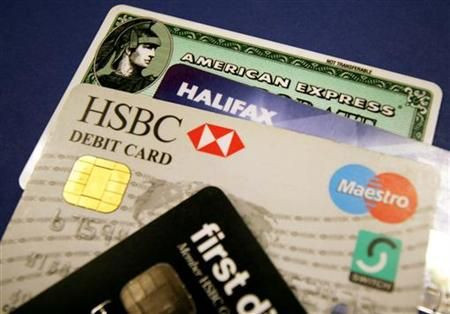U.S. is Now the World's Leader in Credit Card Fraud

U.S. currently accounts for 47 percent of the global credit and debit card fraud, while only generating 27 percent of the global total volume of purchases and cash, according to a recent Nilson Report, a trade newsletter on the payments industry.
Payment card fraud losses totaled $3.56 billion last year in the U.S. from all general purpose and private label, signature and PIN payment cards.
"The U.S. has a disproportionate percentage of the global total losses for two reasons," David Robertson, publisher of The Nilson Report said. "U.S. banks have been slow to adopt newer technologies such as EMV chip cards, and issuers are reluctant to decline card authorization from merchants because they don't want to alienate their cardholder."
"Competition among U.S. issuers, which has resulted in the average cardholder having four credit cards in their wallet, makes any issuer reluctant to decline an authorization. The consumer will just pull out a competitor's card," Robertson added.
Banking institutions in Europe, Latin America, the Middle East, Africa and Asia, however, have adopted stricter security procedures inherent in payment cards with computerized chips, as well as the use of dual factor and dynamic authentication (one-time passwords) for cards-not-present (CNP) transactions.
As a result, global card fraud worldwide as a percentage of total volume has actually decreased. In 2010, total fraud losses equaled 4.46 cents per $100 in total volume of purchases and cash, down from 4.71 cents per $100 in 2009. And, this amount has been steadily declining over a decade.
Total global fraud losses, at $7.60 billion, however, increased in 2010 by 10.2 percent over the prior year, because the rate of spending is outpacing losses.
© Copyright IBTimes 2025. All rights reserved.






















